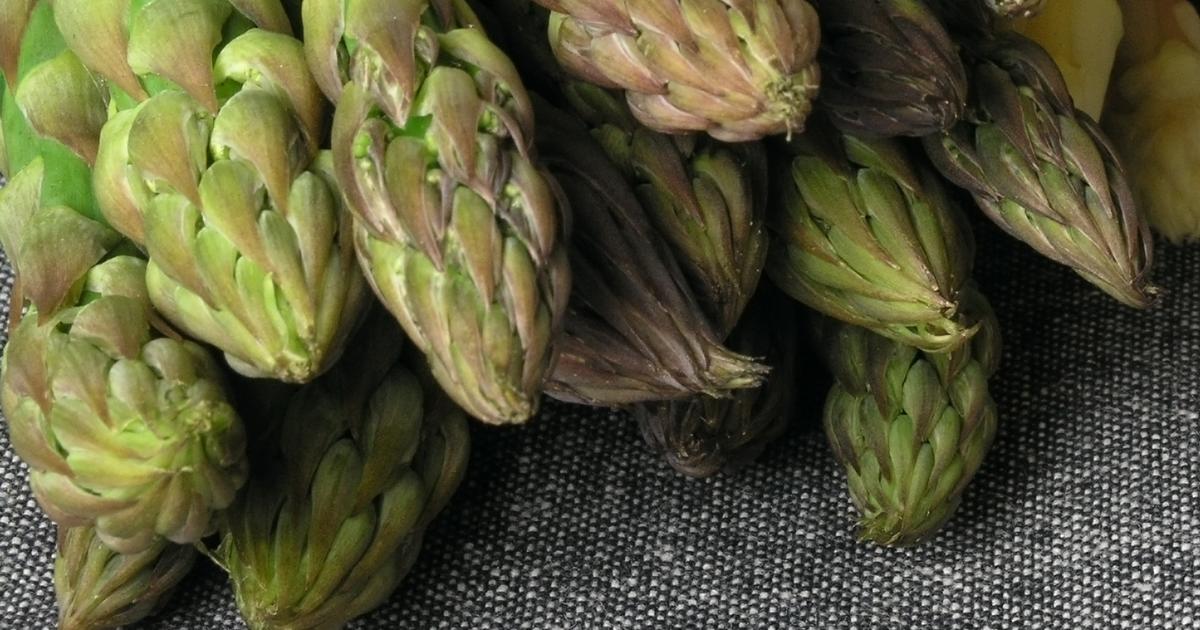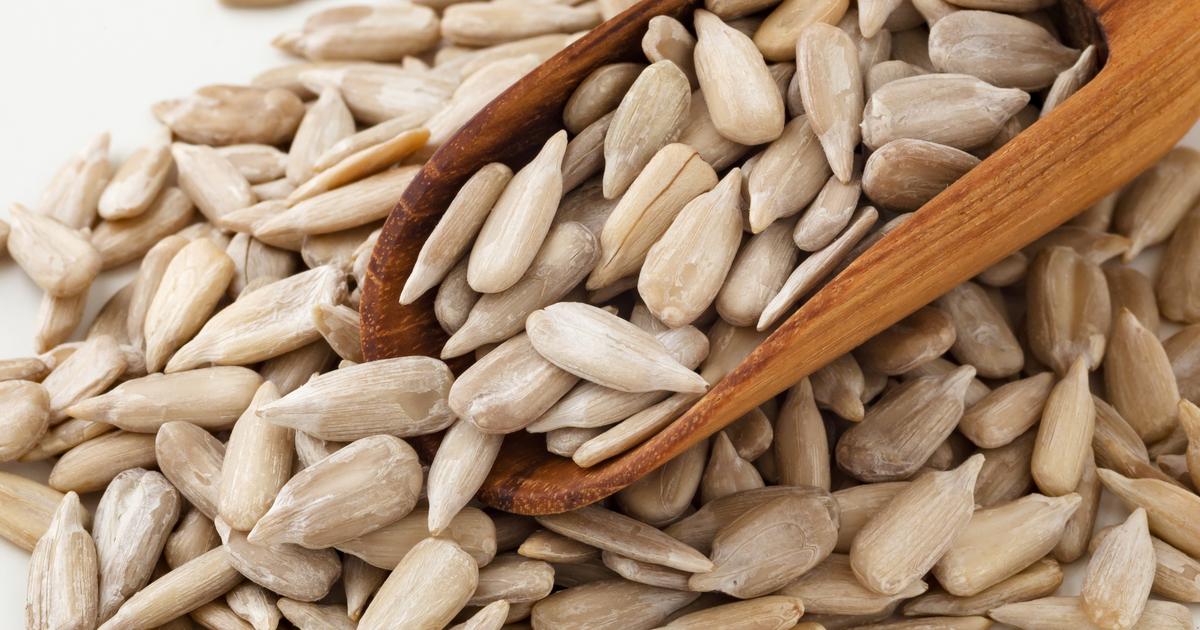How Effectively Treat A Vitamin E Deficiency
Consume More Vegetables With Vitamin E

Vitamin E is widespread throughout multiple foods, so patients may wish to start introducing more vegetables with vitamin E to their diet. Their body should absorb the nutrients and begin to rebalance itself. A raw red sweet pepper has about thirteen percent of an individual's overall daily serving of vitamin E. Raw turnip greens also provide a decent chunk of vitamin E. Other raw vegetables with vitamin E include spinach, collards, and swiss chard. Several cooked vegetables have large vitamin E servings, and these are easy to add to a dinner.
Individuals can cook mustard greens, broccoli, butternut squash, beet greens, and asparagus to increase their daily vitamin E. Of course, individuals with vitamin E deficiencies may have deficiencies of other vitamins if their digestive system doesn't absorb nutrients properly. Vegetables are good for a variety of deficiencies since they have many of the vitamins necessary for healthy functioning.
Increase Consumption Of Nuts And Seeds

Once the underlying cause of a vitamin E deficiency has been diagnosed and treated, one of the best ways for individuals to increase their vitamin E intake is to increase their consumption of nuts and seeds. Nuts and seeds provide some of the best natural sources for vitamin E. The most active vitamin E form in the body is alpha-tocopherol, and in addition to containing this, a lot of nuts and seeds have gamma-tocopherol, another form of vitamin E. Most individuals should prioritize alpha-tocopherol, but if their body has trouble processing it for some reason, other vitamin E forms may be able to help compensate.
Just one ounce of sunflower seeds has sixty-six percent of the recommended daily serving of vitamin E. If individuals increase this portion to one hundred grams, they'll get 234 percent of their daily serving. An ounce of almonds contains forty-eight percent of a daily serving. These are the two seeds and nuts richest in vitamin E, though other significant sources include peanuts, hazelnuts, pine nuts, brazil nuts, pistachios, pecans, pumpkin seeds, and cashew nuts.
